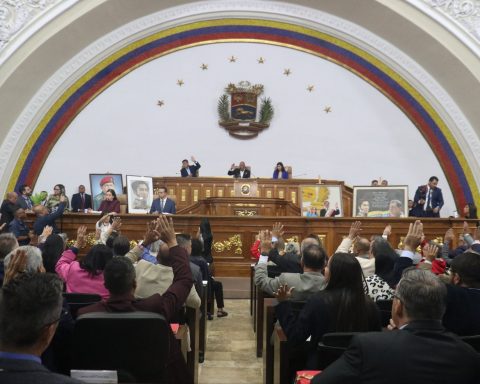Myths and facts about taxes on the rich
It’s not about making you want
Mexico, like several Eastern European and some Asian countries, is an unbeatable example of crony capitalism. And how this system generates the billionaires we know today and who, contrary to the media myth of the successful businessman self madethey didn’t get rich by ‘playing it hard’, says Carlos Brown, tax justice manager for Oxfam Mexico.
That is to say, the emergence of the super-rich and their maintenance is the result –says the specialist- of a series of privatizations and concessions that benefited, without creating conditions of competition, a handful of families.
If one takes into account that many of the great fortunes in Mexico come from inheritances, the capitalism of Mexican friends “has a very low benefit for the majority, but a high benefit for these people.”
The rise of the super-rich and their maintenance – through political pressure, low taxes and tax breaks targeted at the great wealth – are the result of a “failed policy” that Mexican society has allowed.
Do they pay enough taxes?
“The beautiful era of great distribution, in the countries of the global north, was due to the high tax rates on wealth that, in some cases, were up to 90%,” says the expert.
And when this tax system was applied in the United States, there was no low growth and investment was not inhibited, quite the opposite. Well, Brown points out, this was essential to create sufficient infrastructure and a competitive market capable of generating innovative companies.
“In Mexico (…) individual taxpayers with income above 500 million pesos per year barely represented 0.03% of the total collection of federal taxes and 13.6% of the collection of federal taxes from individuals in 2021. Meanwhile, the Until 2021, large companies in Mexico paid effective income tax rates (ISR) between 1% and 8% of total income (…) well below the 30% established by law, ”says the Oxfam report for Mexico.
Wealth taxes scare away investment
“What the evidence shows,” including from the International Monetary Fund, is that low tax rates, exemptions and other tax benefits do not encourage investment or stimulate growth. If this were true, Brown points out, some underdeveloped countries with the most lax tax systems would automatically attract more Foreign Direct Investment, something that does not happen.
Tax havens
Although there are no high taxes on wealth, billions of dollars of corporate profits and profits from personal fortunes go offshore each year. And the only solution is international cooperation: a global tax agreement.
José Antonio Ocampo, Colombian Finance Minister, is calling for dialogue so that the countries of Latin America and the Caribbean stop functioning as tax havens.
Wouldn’t they work in Latin America?
Carlos Brown and Oxfam Mexico also showed evidence that there are successful cases that refute the idea that a fiscal policy of this type would not be possible in Mexico: Bolivia, for example, introduced a tax on the 152 richest people in the country, with fortunes more than 4.3 million dollars.
Argentina introduced a non-recurring tax on large fortunes to deal with the pandemic. Colombia has one of the most progressive tax reforms in recent times, Chile is discussing a reform in the same sense, the same as Brazil.














